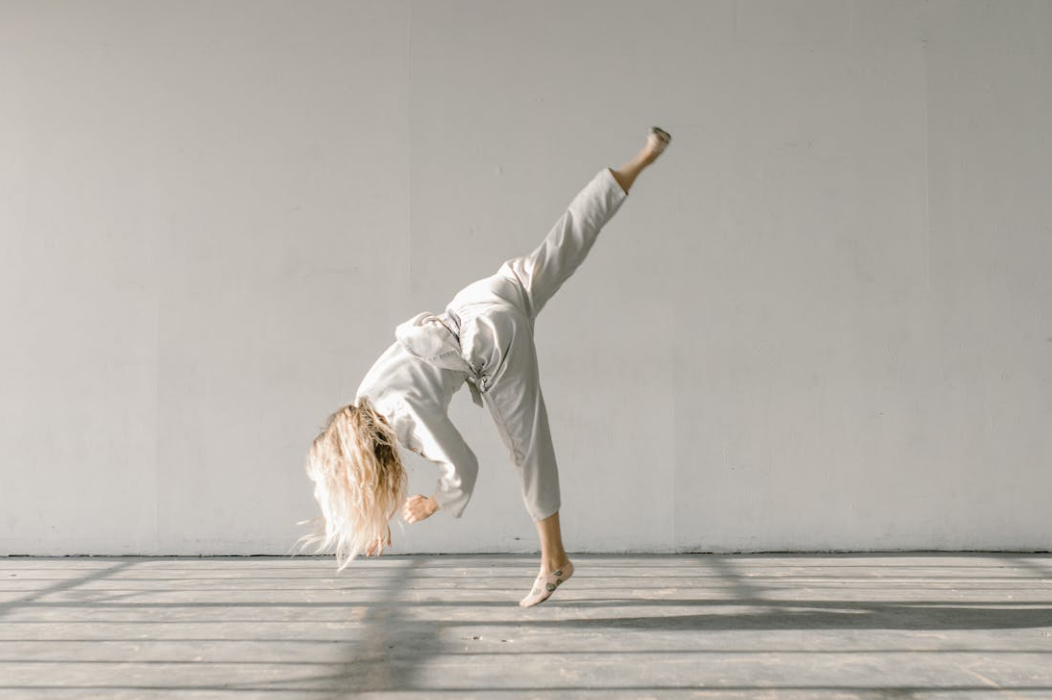
Karate is a martial art that originated in Okinawa, Japan, and has since spread throughout the world. It is known for its powerful strikes, fluid movements, and emphasis on discipline and personal development. In recent years, the practice of karate has undergone significant changes, and the modern karate of today is quite different from its historical roots.
One of the most significant changes in modern karate has been the evolution of sport karate. In the early 20th century, karate was primarily taught as a means of self-defense, and it was only practiced by a select few who were deemed worthy by their instructors. However, as karate began to spread throughout Japan and beyond, it also began to attract the attention of sports enthusiasts who saw its potential as a competitive activity.
Today, sport karate is a thriving industry, with numerous tournaments and competitions held around the world. Sport karate emphasizes speed, precision, and showmanship, and competitors are judged on their ability to execute complex techniques and combinations with speed and accuracy. The focus is on technique rather than practicality, and the rules and regulations of sport karate often limit the range of techniques that can be used.
Another significant development in modern karate has been the rise of mixed martial arts (MMA). MMA is a combat sport that combines elements of various martial arts, including karate, boxing, Brazilian Jiu-Jitsu, and wrestling. Many MMA fighters have a background in karate, and they often use karate techniques as part of their fighting style.
The rise of MMA has had a significant impact on the practice of karate, as it has highlighted the need for practical, effective techniques that can be used in a real-world self-defense situation. Many karate schools have begun to incorporate more practical self-defense techniques, such as grappling and ground fighting, into their curriculum in order to prepare their students for real-world situations.
In addition to the changes in the sport and self-defense aspects of karate, there has also been a shift in the way karate is taught and practiced. In the past, karate was often taught in a rigid, hierarchical fashion, with students expected to conform to strict rules and protocols. Today, many karate schools are more focused on individual development and personal growth, and they place a greater emphasis on adapting the practice of karate to suit the needs and abilities of each student.
One example of this shift is the emergence of adaptive karate, which is designed to make karate accessible to people with disabilities or other challenges. Adaptive karate modifies traditional karate techniques to suit the individual needs and abilities of each student, and it places a greater emphasis on personal growth and empowerment.
Technology has also had an impact on the practice of modern karate, with online karate training becoming increasingly popular. Online karate training allows students to learn karate from the comfort of their own homes, and it offers a flexible and convenient alternative to traditional in-person training.
Finally, the globalization of karate has led to the development of many different styles and variations of the martial art. While traditional karate styles like Shotokan and Goju-ryu are still practiced around the world, there are also many newer styles of karate that have emerged in recent years, such as Kyokushin, Wado-ryu, and Shito-ryu.
Modern karate is a complex and diverse martial art that has evolved significantly from its historical roots. While the practice of karate still emphasizes discipline, respect, and personal development, it has also adapted to changing social and cultural contexts, and it now includes a range of different styles and approaches to training. Whether you are interested in sport karate, self-defense, or personal growth, there is a style of karate that can suit your needs and goals. With its long and rich history, and its ongoing evolution and development, karate is a martial art that offers something for everyone.